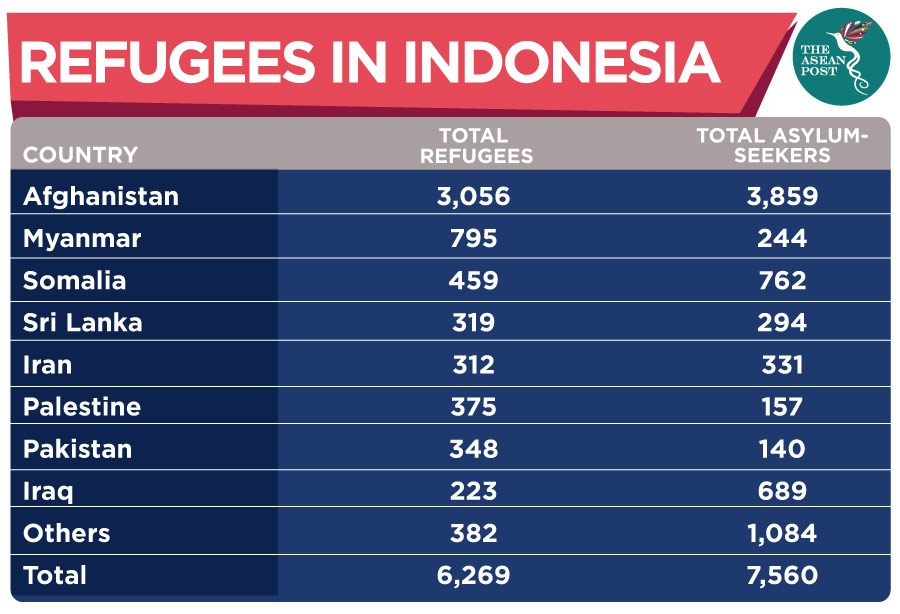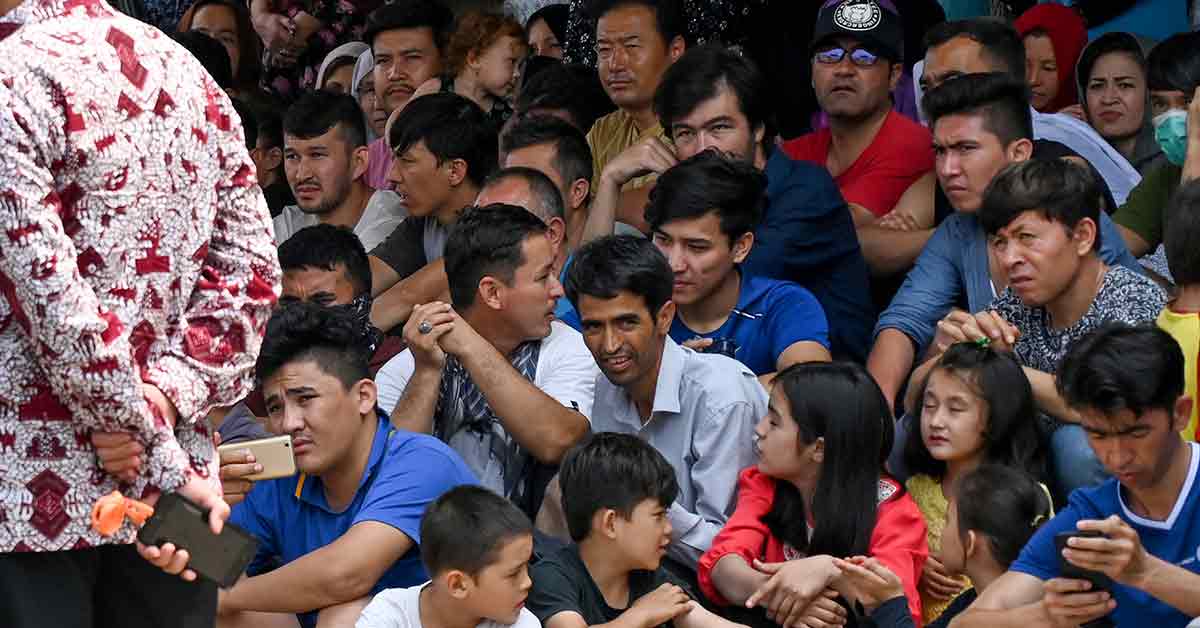If Indonesia is to successfully manage refugees living within its borders, policymakers need to implement self-reliant programmes, such as apprenticeships and entrepreneurships.
The Sandya Institute’s recent research report titled ‘Unlocking the Economic Potentials of Indonesia’s Refugee Community: A Survey on Labour Characteristics’ outlines the path forward and demonstrates the benefits of refugees in Indonesia and how the country could gain from the circumstance, given that proper frameworks are implemented.
On average, a refugee living in Indonesia waits five years before a third-country settlement location is secured. During this period, refugees do not have the right to work and therefore cannot generate their own income. Currently, refugees are primarily supported by international agencies such as the United Nations High Commissioner for Refugees (UNHCR) and the International Organization for Migration (IOM) with support from the Department of Immigration and Border Protection of Australia (DIBP). However, in March 2018 the DIBP decided to cease funding for any new migrants who were not part of the organisation’s caseload – effective upon the announcement. This shifted the cost to the Indonesian government. Our study indicates that with the right policies, these costs can be avoided.
Indonesian policymakers should take the necessary steps to empower refugees in the country and permit them to generate income. It is clear that the current framework for refugees does not meet the needs of Indonesian communities. During this period of announced reductions in international support, temporary housing was established in the West Jakarta district military command (Kodim) in Kalideres. Efforts soon failed as food and water ran out quickly, in addition to overcrowding – which led to the closure of the compound almost as soon as it opened - igniting unrest.

Research conducted by the Sandya Institute captured survey data from over 16 percent of the working-age refugee population in order to provide a comprehensive report and recommendations for the Indonesian government to consider. The data collected was able to increase transparency in regards to the current livelihood status of refugees, including income and expenses. It also provides guidance on how to select individuals for temporary work and educational opportunities based on previous employment, skills and education background. It is important that we demonstrate the benefits refugees could have for the country in terms of employment and skills that could enhance Indonesia’s economic growth.
Primary findings showed that across all circumstances, refugees face expenses that exceed the stipend provided. The report also emphasised that the cost of caring for refugees will continue to increase as other factors such as mental health, wellness, and housing costs are passed along to the Indonesian government in the absence of international aid.
In order to allow refugees to engage in apprenticeship opportunities, ministerial regulation should state that such opportunities can be pursued and facilitated by interested organisations. The definition of an apprenticeship opportunity would be paid temporary training positions within an existing corporation, university, or the like. Currently, such opportunities have not been formally allowed. In such a scenario, it would be reasonable for the government to set parameters on potential pay for a particular position. The parameters are essential to ensure that payment is sufficient to support the livelihoods of the refugees.
While some employment opportunities may be restricted based on the industries’ categorisation in Indonesia, it is important that sectors related to the community, basic services, and retail remain unrestricted. This is due to the nature of these sectors which not only allow refugees to seek temporary work, but also does not directly compete with the Indonesian workforce.
The second area of focus is individually-run business, of which opportunities need to be considered in two parts. The first involves formally-run businesses and the second involves those that operate in an informal market. In order to grant more opportunities for refugees to operate a business within the formal market, eligibility requirements should be lessened for refugees. This should only apply to refugees that are temporarily based in Indonesia. The waiver of requirements would only apply to those holding a UNHCR issued identity card with temporary residence. Through the establishment of formal business practices, the government would be able to collect tax revenue and promote the benefits of housing refugees.
Considering that many refugees worked in wholesale and trade industries in their home countries, the advantages can be numerous for expanding exports from Indonesia while developing new global trade connections. Concerning the allowance of informal business operations in the grey market, the only directive that would need to be considered is one that allows for such business to exist without fear of arrest or detention by local authorities. Explicitly stating that business can operate in the grey market will also benefit local economies and bring a large share, if not a majority, of refugees into a position to seek self-sustaining opportunities.
The urgency to enact these reforms should be a priority for the Indonesian government, not only from the aspect of human rights but also to avoid social unrest among refugees that are struggling to support their livelihoods in the country.
Diovio Alfath is a human rights specialist and Founder of Sandya Institute. He served at the World Bank as an expert contributor in 2019 for his human rights advocacy and was honoured with the 2018 Global Emerging Young Leaders Award by the U.S Department of State in Washington DC, USA.
Matthew LoCastro is a research manager for the Sandya Institute and a Luce Scholar with the Economic Research Institute for ASEAN and East Asia. He has focused his research at the intersection of forced migration, sustainability, and regional planning. He is originally from New York.
Related articles:
